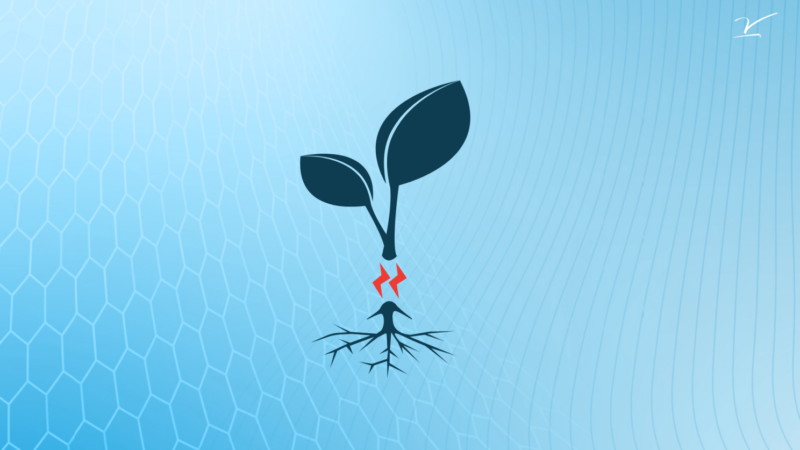My Cool Cancer Research Find shared a post on LinkedIn:
“This week we focus on Meningiomas – the most common type of brain tumor. Doctors have different ways of treating them, mainly through surgery or radiation. However, not every treatment works the same for every patient, and this the V Foundation researcher, Dr. Gelareh Zadeh at Princess Margaret Cancer Centre is trying to figure out why.
Imagine the meningioma as a weed in your garden. Your first instinct might be to pull it out entirely (this is what doctors aim for in surgery). But sometimes, the roots (called dural attachments) might grow close to delicate flowers (like blood vessels and nerves), so just yanking the entire weed might damage your garden. In that case, doctors try to remove the weed as carefully as possible without getting too close to sensitive areas.

Doctors used to think that always removing the meningioma weed along with its roots (through aggressive surgery) was the best solution. But now, they realize that in some cases, leaving a bit of the root behind (being less aggressive) is actually safer for the patient. It’s a balance between removing as much of the tumor as possible while keeping a patient’s brain safe from damage.
Or, if you can’t pull out the whole weed, you might try using a special “weed killer” (radiation therapy) to stop it from growing back. But, just like in gardening, sometimes the weed killer works, and sometimes it doesn’t, depending on the type of weed. Dr. Zadeh and team wanted to know which patients will benefit from radiation and which ones won’t, so doctors don’t use a treatment that might not work.

Imagine if you could analyze the weed’s DNA to figure out if it’s a fast-growing, stubborn type or a slow-growing, more manageable one. That’s what the Zadeh lab did in this week’s Cool Cancer Find.
They looked at the tumor’s genetic makeup to predict how aggressive it will be, and how well it might respond to radiation. What they found is that some tumors are more aggressive and harder to treat, while others are more manageable. This research helps doctors understand which tumors are likely to come back after surgery and which will respond better to radiation.
This study suggests that instead of treating all patients the same way, we should personalize treatment based on the tumor’s specific characteristics, much like choosing different tools for different types of weeds.
The hope is that by understanding these tumor “personalities”, the Zadeh lab and others can develop better treatments, especially for the more stubborn meningiomas that don’t respond well to current methods. With these insights, we can personalize care, giving patients the best chance of beating their tumors while minimizing unnecessary risks.
